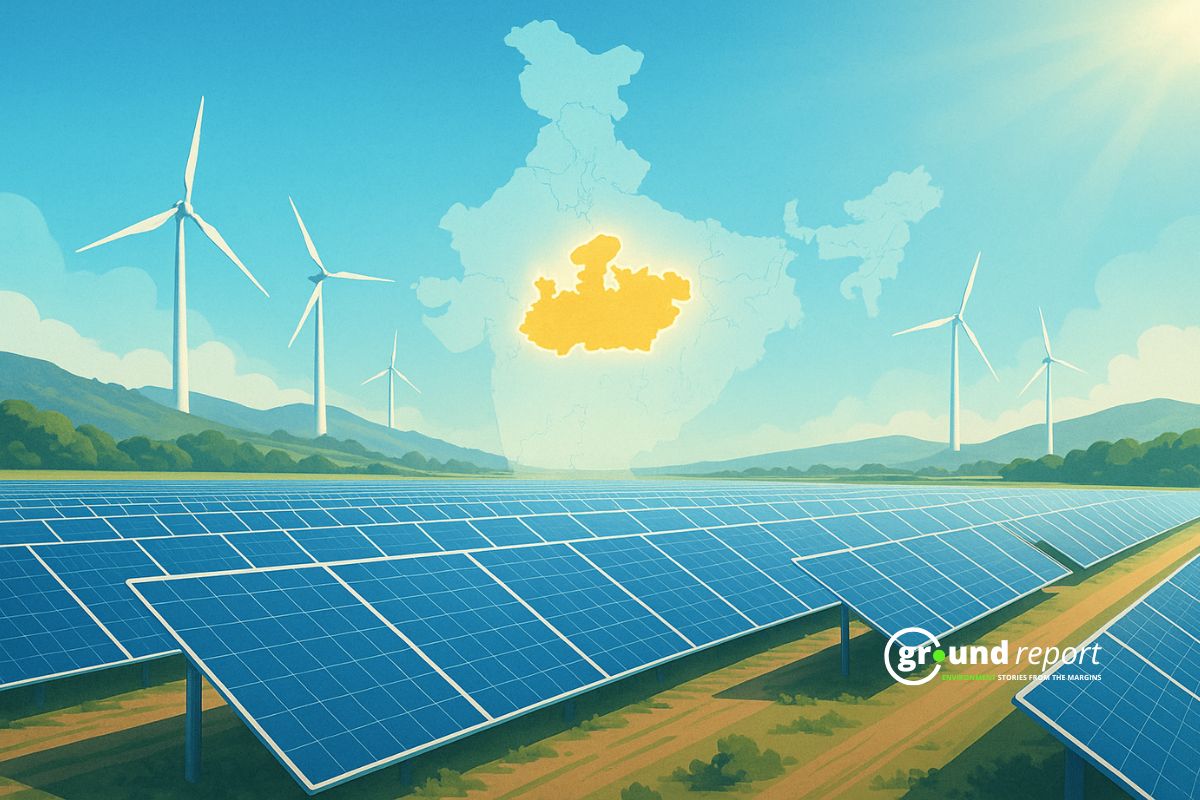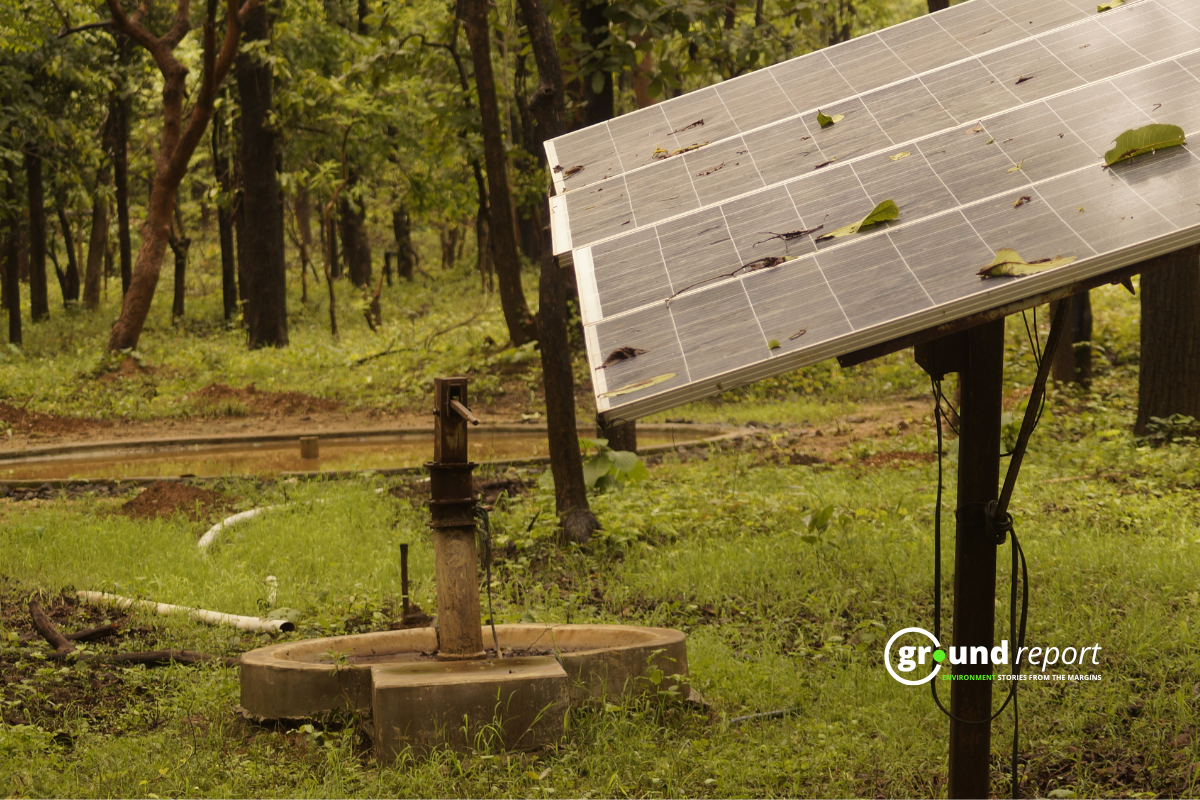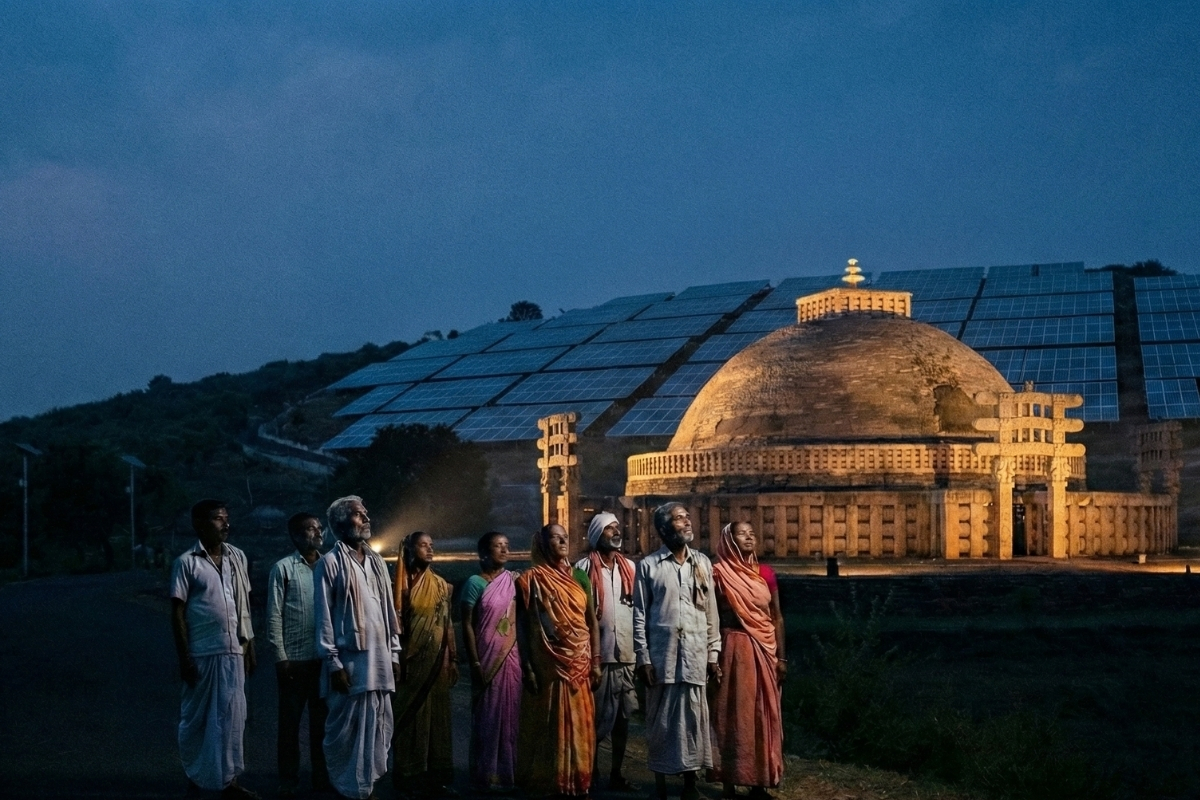The Central government allocated ₹3,330.37 crore to the Ministry of Environment, Forest and Climate Change as part of the Union Budget 2024. In the interim Budget presented by Finance Minister Nirmala Sitharaman in February this year, the estimated expenditure for the ministry for the 2024-25 fiscal year was ₹3,265.53 crore.
For comparison, the previous Budget allocated ₹3,079.40 crore to the ministry, and the fiscal year before that saw an allocation of ₹3,030 crore.
In her Budget 2024 speech, Union Finance Minister Nirmala Sitharaman announced the development of a climate finance taxonomy to enhance capital availability for climate adaptation and mitigation, supporting the country’s climate commitments and green transition.
Nirmala Sitharaman also unveiled initiatives in the 2024-2025 Budget to revolutionize India’s energy landscape, showcasing India’s commitment to sustainable development. The budget, presented on July 23, 2024, in the Lok Sabha, outlines a framework balancing economic growth with environmental sustainability, positioning India at the forefront of global efforts to combat climate change.
| Previous Budget allocations for environment ministry | |
| FY25 | ₹ 3330.37 crore |
| FY24 | ₹ 3,079.40 crore |
| FY23 | ₹ 3,030 crore |
| FY22 | ₹ 2,870 crore |
| FY21 | ₹ 3,100 crore |
| FY20 | ₹ 2,954 crore |
| FY19 | ₹ 2,675 crore |
The Finance Minister stated,
“We stand at a crucial juncture where our economic aspirations must align with our environmental responsibilities,”
emphasizing a balanced approach for employment, growth, and environmental sustainability in Sitharaman’s budget. This set the tone for ambitious proposals.
The initiatives cover various energy sectors, from solar and wind to nuclear and thermal, reflecting a strategy to transform India’s energy mix. This approach aims to sustain the country’s economic expansion while addressing climate change.
The budget promotes solar energy expansion
The budget’s energy transformation agenda focuses on renewable energy sources. Recognizing the role of solar power in India’s energy future, Sitharaman announced an expansion of exempted capital goods used in manufacturing solar cells and panels.
“To boost domestic manufacturing and reduce dependence on imports, we’re expanding exemptions for solar manufacturing equipment.”
However, reflecting the maturity of India’s solar industry, the Finance Minister proposed not to extend customs duty exemptions on solar glass and tinned copper interconnects, citing sufficient domestic manufacturing.
The budget also introduced the PM Surya Ghar Muft Bijli Yojana, aimed at installing rooftop solar plants for one crore households. This initiative promises to provide up to 300 units of free electricity monthly, with over 14 lakh applications already received. Sitharaman explained,
“This scheme will reduce the electricity bills of millions of households and contribute significantly to our renewable energy goals.”
Govt boosts nuclear energy collaboration
The government announced plans to collaborate with the private sector on developing Bharat Small Reactors and Bharat Small Modular Reactors in a major push for nuclear energy. This aims to bolster India’s energy mix and marks a significant shift in the country’s nuclear energy policy.
“Nuclear energy is a clean, efficient, and potent power source that can complement renewable energy,” Sitharaman stated.
“Involving the private sector in nuclear energy development aims to accelerate innovation and deployment.”
The policy promotes pumped storage projects
The Finance Minister announced a new policy to promote pumped storage projects. The policy recognizes the intermittent nature of renewable energy sources. This technology uses surplus grid power to pump water to a higher elevation and releases it through turbines to generate electricity during peak demand. This enhances electricity storage and integrates renewable energy into the grid.
“Pumped storage projects will stabilize our power grid and ensure a reliable supply of clean energy,” Sitharaman explained.
“This policy will impel the development of these projects across the country.”
Budget boosts renewable, nuclear, thermal
The budget focuses on renewable and nuclear energy, and improving existing thermal power plants. Sitharaman announced a joint venture between NTPC and BHEL to establish a commercial plant using Advanced Ultra Super Critical (AUSC) technology.
The Finance Minister stated,
“This AUSC plant will demonstrate higher efficiency in power generation, reducing fuel consumption and emissions. It represents our commitment to improving the environmental performance of our energy infrastructure.”
Steel, cement, chemicals: new emission roadmap
Sitharaman announced plans to create a roadmap for transitioning ‘hard to abate’ sectors from energy efficiency targets to emission targets, involving new regulations and a transition to the Indian Carbon Market.
“Industries like steel, cement, and chemicals are vital to our economy but also significant contributors to emissions,” Sitharaman explained.
“This roadmap will provide a clear path for these sectors to reduce their carbon footprint while remaining competitive.”
The budget includes measures to help traditional industries shift to cleaner energy sources. The government plans to conduct energy audits in 60 clusters like brass and ceramics, with extra support for another 100 clusters in the future.
“These industries are crucial to our economy and employ millions of skilled artisans,” Sitharaman noted. “By helping them adopt cleaner energy solutions, we can preserve traditional skills while reducing their environmental impact.”
Climate finance taxonomy boosts funding
The Finance Minister announced a new climate finance taxonomy to enhance funds for climate change adaptation and greenhouse gas reduction projects, to boost funding for climate action.
The budget proposes customs duty exemptions for 25 critical minerals and a reduction in Basic Customs Duty (BCD) for two. Sitharaman explained,
“These measures will support our clean energy transition by ensuring a steady supply of minerals crucial for renewable energy technologies and electric vehicle batteries.”
The Union Budget 2024-2025 prioritizes sustainable growth in India’s energy sector through renewable and nuclear technologies. Finance Minister Nirmala Sitharaman’s initiatives underscore a commitment to environmental sustainability and economic expansion. They aim to establish India as a global leader in energy innovation and climate resilience. This approach promises to bolster energy security and drive economic benefits through industrial development.
Support us to keep independent environmental journalism alive in India.
Keep Reading
What is Green Hydrogen? Could it change energy in South Asia?
Blue hydrogen is worst for climate: study
How Increasing space traffic threatens ozone layer?
Hydro Fuel Market: India’s current scenario and the future ahead
Natural Gas is a Misleading term, It is not Natural and clean at all
Follow Ground Report on X, Instagram and Facebook for environmental and underreported stories from the margins. Give us feedback on our email id greport2018@gmail.com.
Don’t forget to Subscribe to our weekly newsletter, Join our community on WhatsApp, and Follow our YouTube Channel for video stories.










